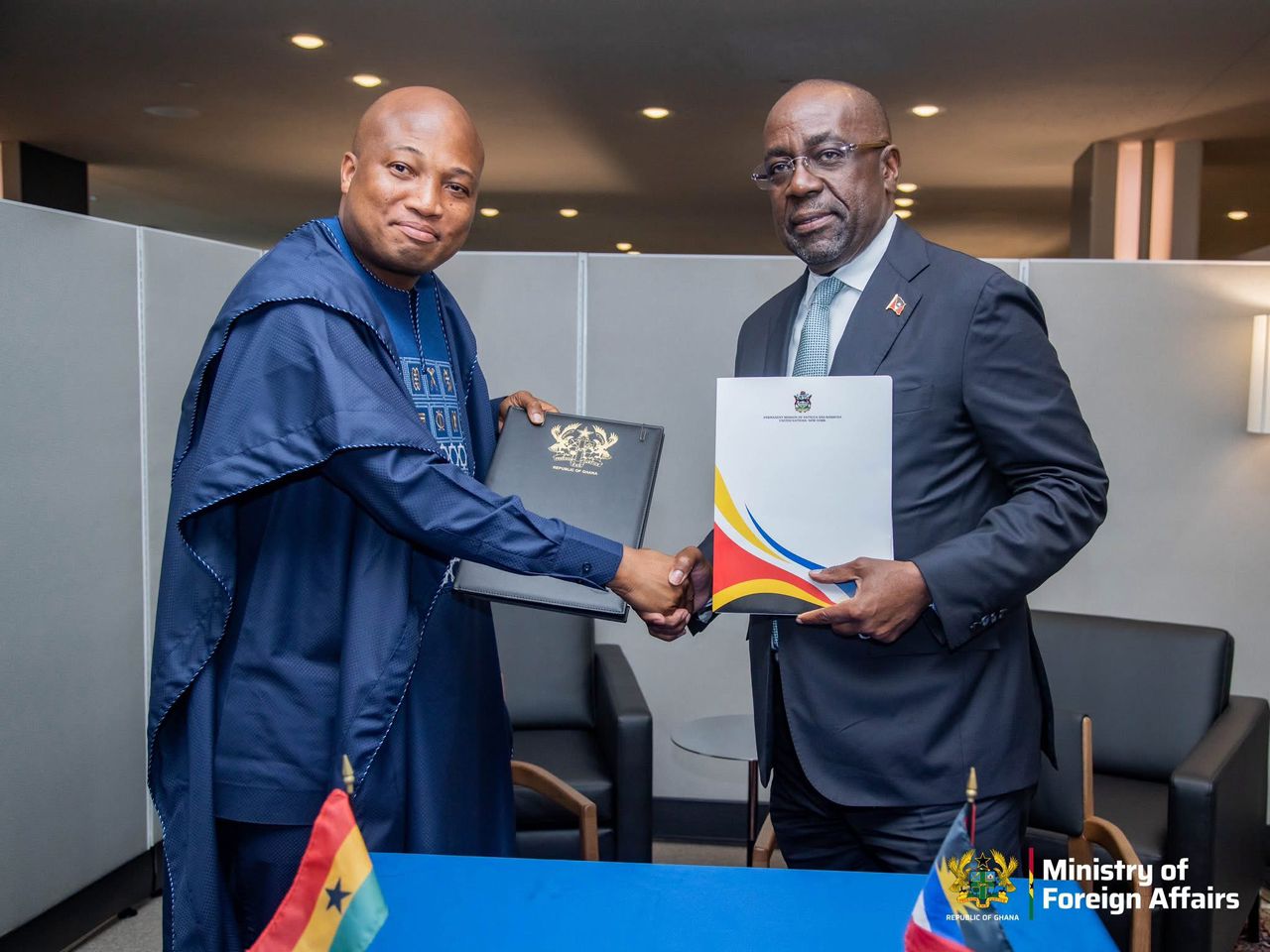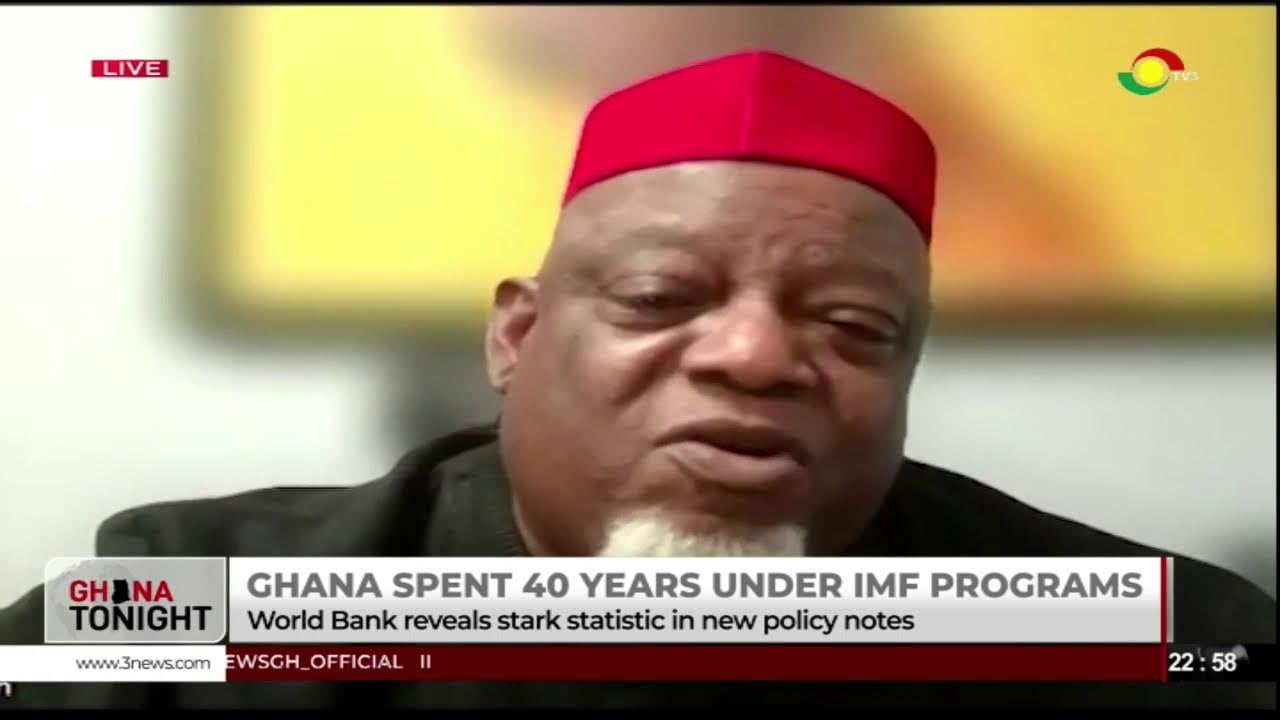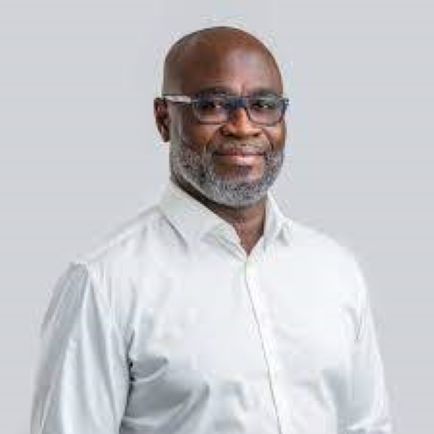
By Martha BEKELE & Arthur LAROK
As summer has drawn to a close in the northern hemisphere, the Global South’s brief respite from United Nations meetings and international conferences has also ended.
The last hurrah before the summer break was in late June, when the international community gathered in Seville, Spain, for the Fourth International Conference on Financing for Development (FfD4).
Held against a backdrop of crises, including the fracturing of the multilateral order, major aid cuts in the United States and Europe, and a global development system crumbling under the weight of its contradictions, the much-anticipated FfD4 made little progress on these systemic problems.
But it is far from the only global meeting to disappoint. From the UN’s Summit of the Future to its annual Climate Change Conferences, international fora have repeatedly failed to create a just alternative to the current, broken multilateral system, which has increasingly focused on securing symbolic wins and incremental changes.
The time has come for African leaders – who speak their minds at these gatherings and then leave with little to show for their efforts – to renounce this system and build a new one that works for them.
As many political economists have argued, Africa’s underdevelopment does not reflect a lack of potential. The continent’s underdevelopment reflects its unfair and historical integration into the global economy: first through the slave trade, then colonialism, and now through debt-fueled neoliberalism and aid dependency.
Capitalism, the driver of these systems, commodifies land, labor, and even the atmosphere in a relentless search for new frontiers. Consider carbon markets: instead of addressing the causes of climate change, they give the Global North carte blanche to continue polluting.
The international order is designed not to deliver justice or promote sustainability, but to maintain globalized capital flows through ever more abstract forms of extraction.
The African philosophy of Ubuntu – “I am because we are” – could form the basis of a radically different value system, one rooted in care, solidarity, reciprocity, and responsibility, rather than competition and profit-seeking. While not an economic ideology, the concept challenges the dominant logic of accumulation and invites us to imagine new international fora that emphasize collective well-being, ecological stewardship, indigenous wisdom, and shared dignity.
Systemic change requires Africa to assert its agency. That means revising the African Union’s Constitutive Act to delegate real decision-making authority to the African Union Commission, which is currently paralyzed by disagreements between member states.
The Commission must be able to set its own agenda, which requires predictable, sustainable finance. Its current dependence on donor funding has resulted in fragmented programming.
Lastly, the AU should also become a party to the UN Framework Convention on Climate Change, acting as a continental negotiation bloc rather than just providing technical coordination. The UNFCCC is the only platform focusing on the dangers of climate change, even if the negotiations become toothless when it comes to implementation and finance. A dual approach is important: Africa should play by the rules while at the same time working toward building a completely new system rooted in its own values.
It is also essential to build regional trade and financial linkages that don’t rely on concessional loans or Western benevolence. The national state of disaster that Lesotho declared in July after America’s tariff onslaught, and amid speculation that the US African Growth and Opportunity Act will not be renewed by September 30, is a cautionary tale.
When an economy is over-reliant on unilateral trade preferences extended by a wealthy country and lacks the diversification required for long-term resilience, it is vulnerable to that government’s policy shifts – mimicking aid dependence.
Instead of following the dominant mode of Western modernization, Africa must pursue a new type of development rooted in local values. That means reinvigorating indigenous knowledge systems, particularly of accountability and care, and reasserting cultural and linguistic independence.
African scholars should develop models that build on the work of Kwame Nkrumah – Ghana’s first president and a pan-African liberation leader – and the pioneering political economist Samir Amin, as well as others who have advanced the continent’s economic and political emancipation. In addition to its own scholarship, the continent needs independent civil-society groups and local philanthropists that respond to citizens’ demands rather than following donors’ agendas.
This process – which Amin called “delinking” – is not autarky or self-isolation, but a strategic redefinition of values and purpose. Aligned with the principle of Ubuntu, it calls for making economic choices based on national priorities and needs, not on the logic of global capital accumulation.
Valuing people over profit, care over competition, and collective dignity over extractive growth is not irrational – even if the current multilateral system treats it as such. Pursuing this path will undoubtedly be difficult and appear impractical, if not naive. But there is no other option: it is impossible to reform the global order while playing by its rules. Africans must dare to imagine – and build – something better.
Martha Bekele is Co-Founder of DevTransform. Arthur Larok is Secretary General of ActionAid International.
The post Building a global order that works for Africa appeared first on The Business & Financial Times.
Read Full Story













Facebook
Twitter
Pinterest
Instagram
Google+
YouTube
LinkedIn
RSS